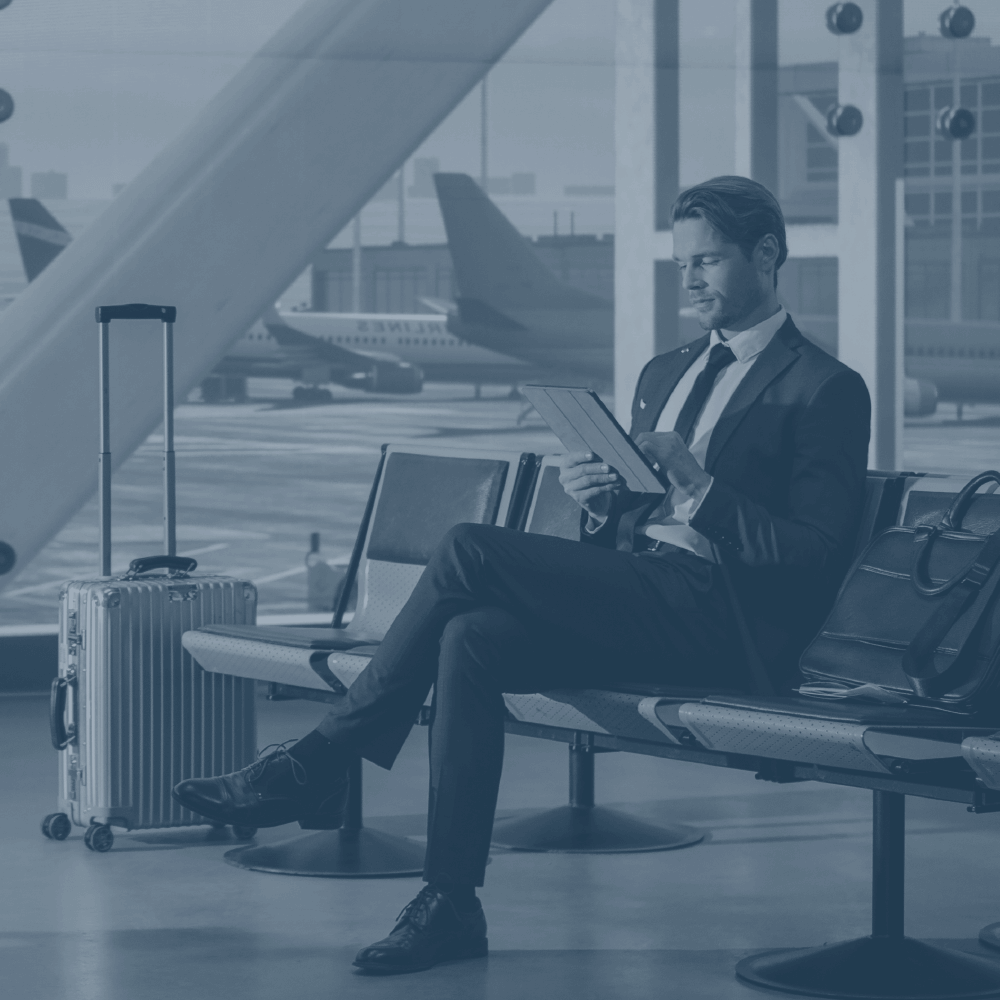
Travel Risk Management services
Endemic diseases, climate change, crime, and security are just some of the threats that relocators face.
A robust Travel Risk Management system is an effective corporate strategy to protect human capital and ensure business continuity.

HOW ARE RISKS EVOLVING FOR BUSINESS TRAVELERS?
The development of anincreasingly global and interconnected economy fosters continuous movement from one continent to another across the globe, but at the same time increases health and safety risks for business travelers engaged in overseas travel to multiple destinations, sometimes for long periods of time and often in endemic, remote or even hostile environments. Destination-endemic diseases, extreme work situations (climate change, altitude, poor access and lack of healthcare facilities), and security issues are the main risks associated with business travel.
HOW TO MITIGATE RISKS WHILE TRAVELING?
Reducing exposure to such hazardsrequires the development of strategies that require very specific know-how and also directly involves the employer, who has a duty to ensure the safety of his or her employees, even off-site. In companies operating abroad, these activities are referred to as Duty of Care. It is essential for companies to adopt a comprehensive Travel Risk Management system, embedding risk analysis and preventive countermeasures within an integrated management framework that actively involves all stakeholders, from the responsible corporate figures, to the traveling staff, to the operating partners on the ground, in order to ensure a coordinated and effective response to any potential risk while traveling.
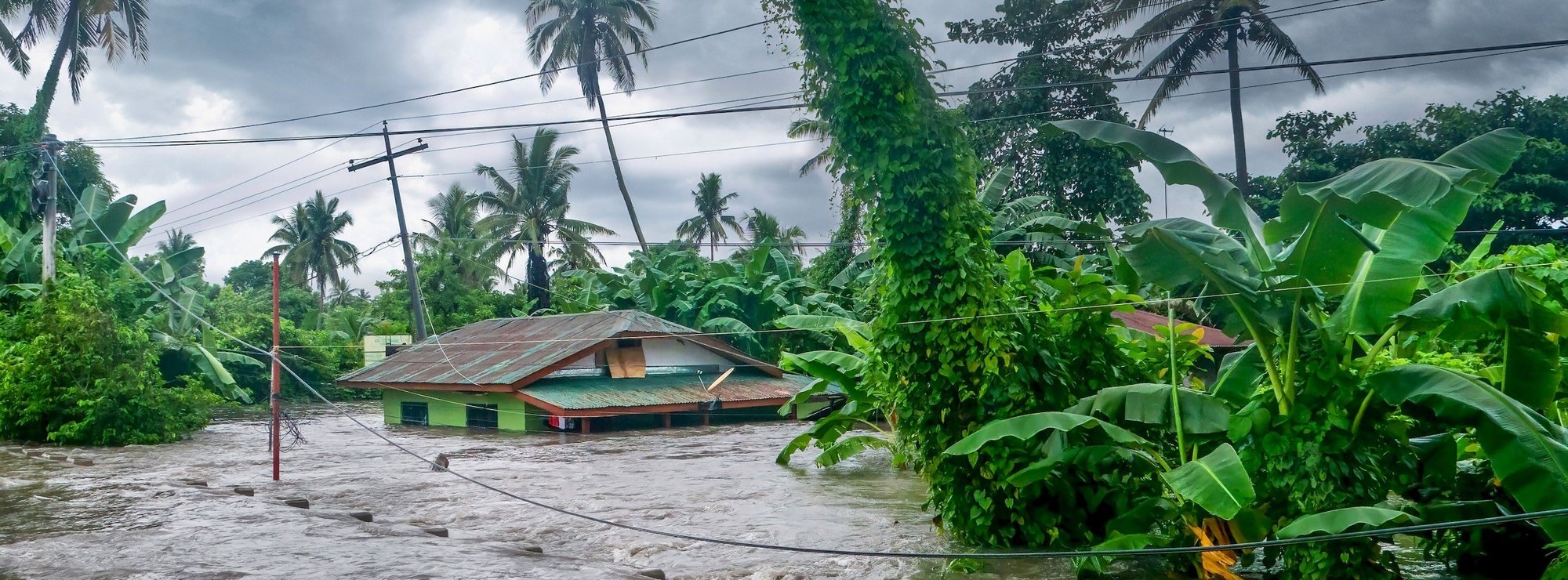

HOW TO MITIGATE RISKS WHILE TRAVELING?
Reducing exposure to such hazardsrequires the development of strategies that require very specific know-how and also directly involves the employer, who has a duty to ensure the safety of his or her employees, even off-site. In companies operating abroad, these activities are referred to as Duty of Care. It is essential for companies to adopt a comprehensive Travel Risk Management system, embedding risk analysis and preventive countermeasures within an integrated management framework that actively involves all stakeholders, from the responsible corporate figures, to the traveling staff, to the operating partners on the ground, in order to ensure a coordinated and effective response to any potential risk while traveling.
Identification of risks: health, environmental, climate, political, security and socio-economic, including emergingrisks.
Assessment: analyze the severity and likelihood of each risk.
Mitigation: implement measures to reduce or eliminate risks, such as training, insurance, contingency planning.
Monitoring: update assessments and mitigation measures based on changing travel and destination conditions.
Communication: inform employees about risks and safety measures to be taken.
Assistance: support travelers in case of danger by providing ongoing assistance, including a repatriation plan.
Employee protection: reduces the risk of accidents, illnesses and financial damages.
Peace of mind for travelers: enables employees to gain awareness and travel with greater safety and confidence.
Regulatory compliance: ensures compliance with local laws and regulations.
Employer protection: can demonstrate duty of care compliance.
Business continuity: minimizes disruptions caused by adverse events.
Corporatereputation: strengthens the company's image to all stakeholders.
ESG rating: improves the company's sustainability rating.
In a nutshell, Travel Risk Management is an essential tool for companies to secure their employees while traveling and to compete in the marketplace.
Prior analysis of the destination, drafting of precise Health, Safety & Security protocols, and training and information for staff are the prerequisites for safely planning a business trip abroad.
The importance of compliance with ISO 31030:2021 guidelines.
The ISO 31030 guidelines on Travel Risk Management identify all the critical areas that the company must consider in order to make informed decisions based on a timely risk assessment founded on established methodologies, up-to-date and comprehensive information. Thanks to an experienced team that cuts across several areas, we are at the side of organizations in the process of compliance with international and local guidelines by defining best practices useful to identify and manage risks associated with business travel or any operation on foreign soil.

The importance of compliance with ISO 31030:2021 guidelines.
The ISO 31030 guidelines on Travel Risk Management identify all the critical areas that the company must consider in order to make informed decisions based on a timely risk assessment founded on established methodologies, up-to-date and comprehensive information. Thanks to an experienced team that cuts across several areas, we are at the side of organizations in the process of compliance with international and local guidelines by defining best practices useful to identify and manage risks associated with business travel or any operation on foreign soil.We stand by companies with a wide range of services to protect the health and safety of workers away and/or operating at foreign sites.

HEALTH PROTECTION BEFORE, DURING AND AFTER TRAVEL
Travel Medicine
Thanks to the experience gained in the Travel Medicine sector, Ambimed has applied the issues of prevention and medical safety while traveling within the scope of the obligations set forth in Model 231, Legislative Decree 81/08 and ISO 31030 directives by structuring a proposal of services to protect the health of employees before, during and after the work trip and/or period of stay abroad. With the correct prevention and adequate preparation, transfer staff are able to safely face business travel.SAFEGUARDING THE SAFETY OF RELOCATORS
Travel Security
ISO 31030 has refined the concept of Travel Policy by including Security within the pillars of risk assessment before, during and after travel. The activity consists of establishing useful procedures to ensure the security of traveling personnel during both travel and stay. Travel Security activity begins before departure and includes risk analysis, training, and management from the perspective of transportation and stay security, includingon-site assistance during travel.


SAFEGUARDING THE SAFETY OF RELOCATORS
Travel Security
ISO 31030 has refined the concept of Travel Policy by including Security within the pillars of risk assessment before, during and after travel. The activity consists of establishing useful procedures to ensure the security of traveling personnel during both travel and stay. Travel Security activity begins before departure and includes analysis, training, and risk management, from the perspective of transportation and stay security, includingon-site assistance during travel.

CONSTANT SUPPORT AND MONITORING
Advanced digital platform
To meet the needs of companies for continuous assistance to support traveling personnel in multiple areas of the world, Ambimed has developed a digital platform that integrates a suite of products and services-a multi-channel support system to address the most common problems and unforeseen hazards during overseas assignments. All, with a business needs-based approach to ensure the health and safety of travelers at every stage of their assignments.
Only a thorough Risk Assessment results in the most effective preventive procedures that, when integrated into the company's Health Management System and Travel Policy, allow risks to be minimized for both the company and traveling personnel.
Some of the companies that have chosen us as their partner for Travel Risk Management services:
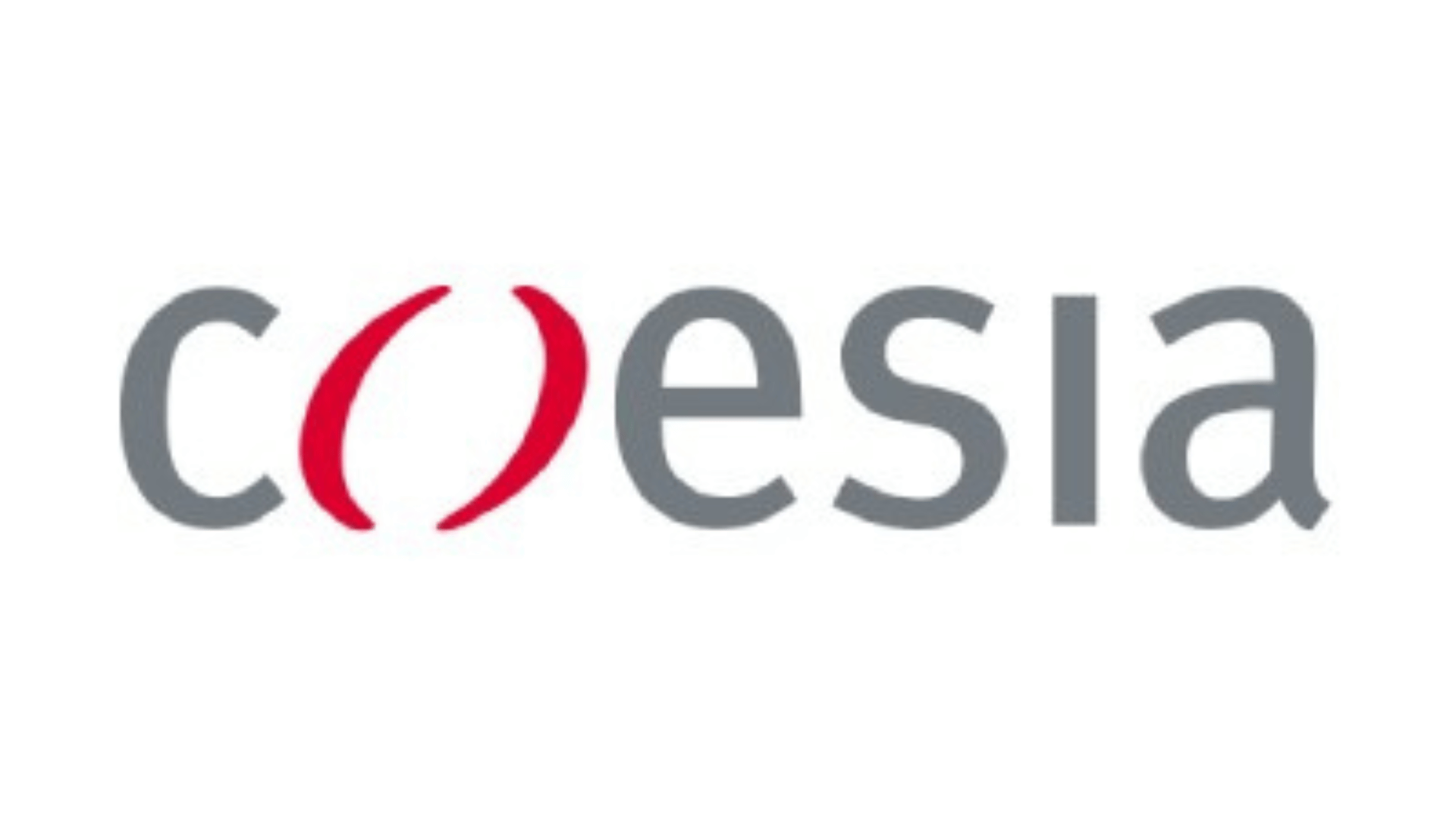
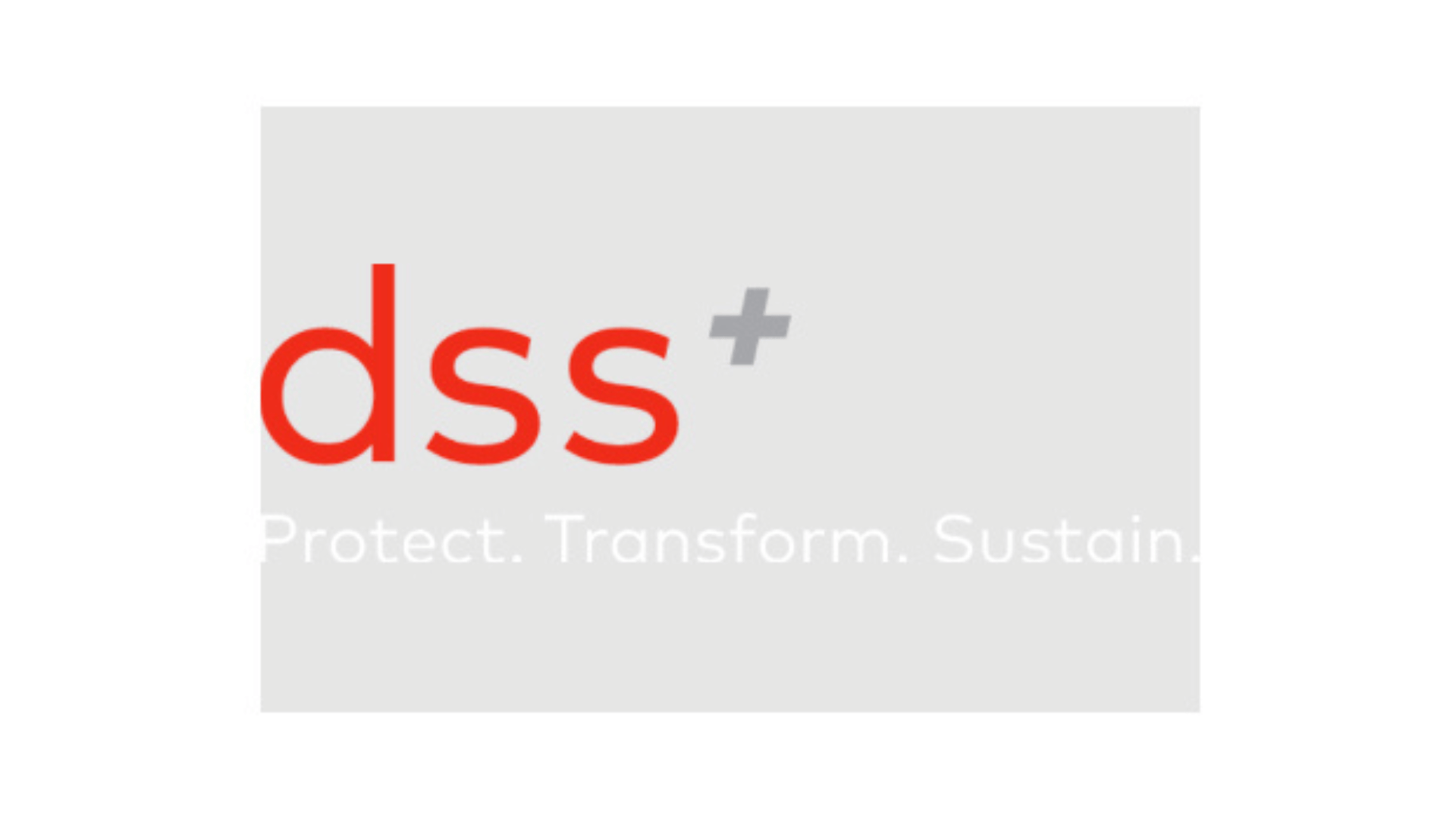
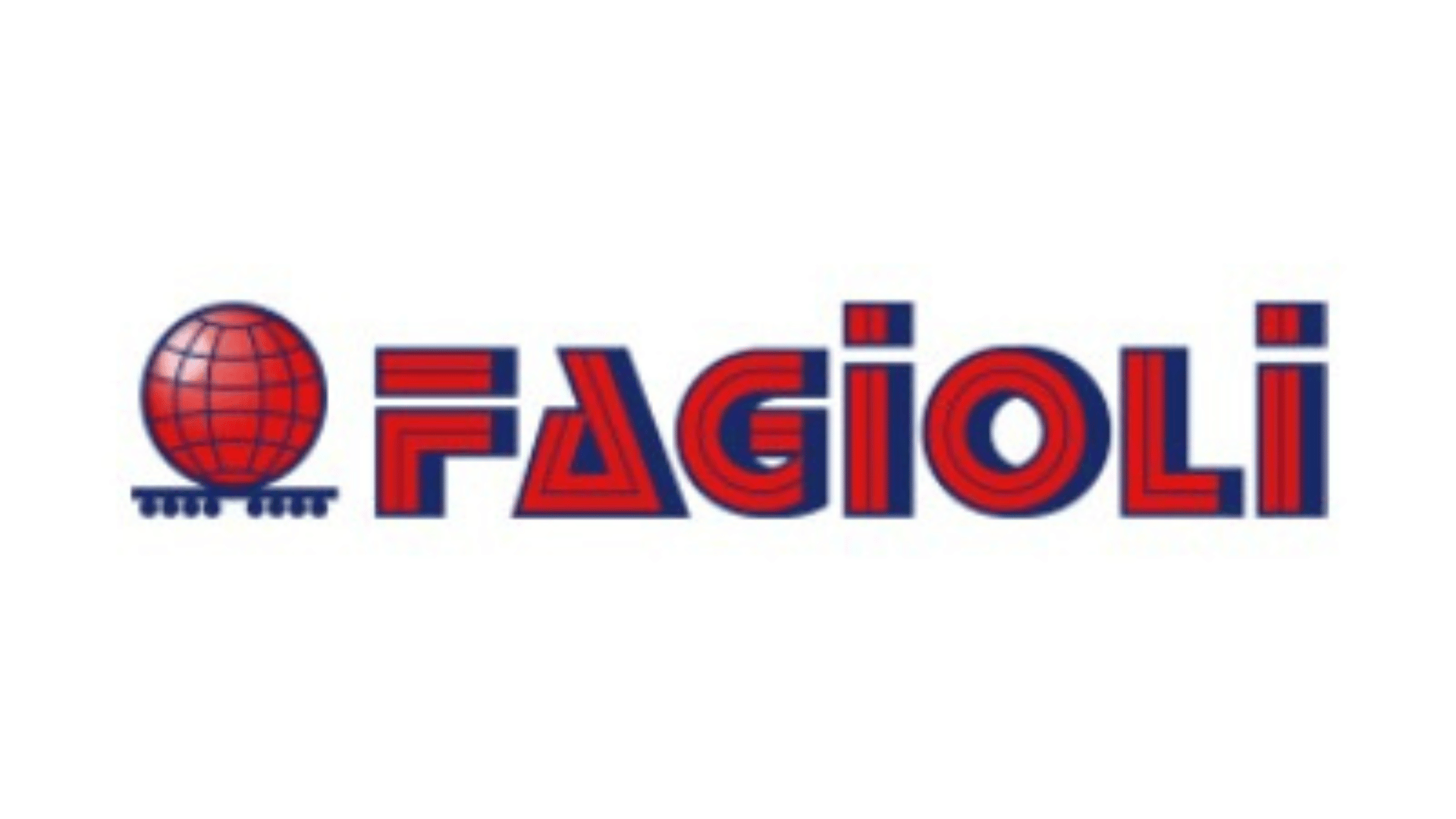
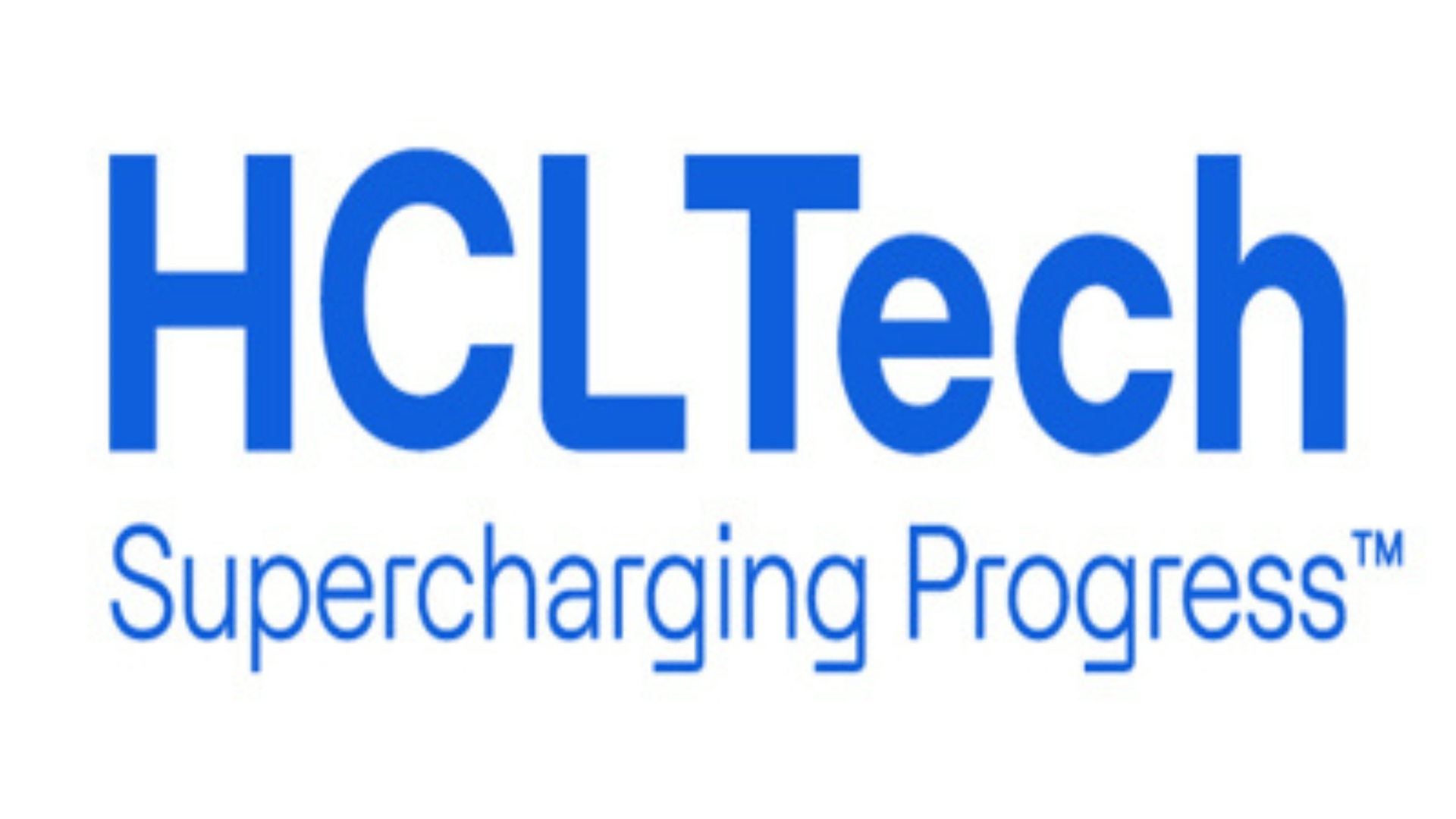
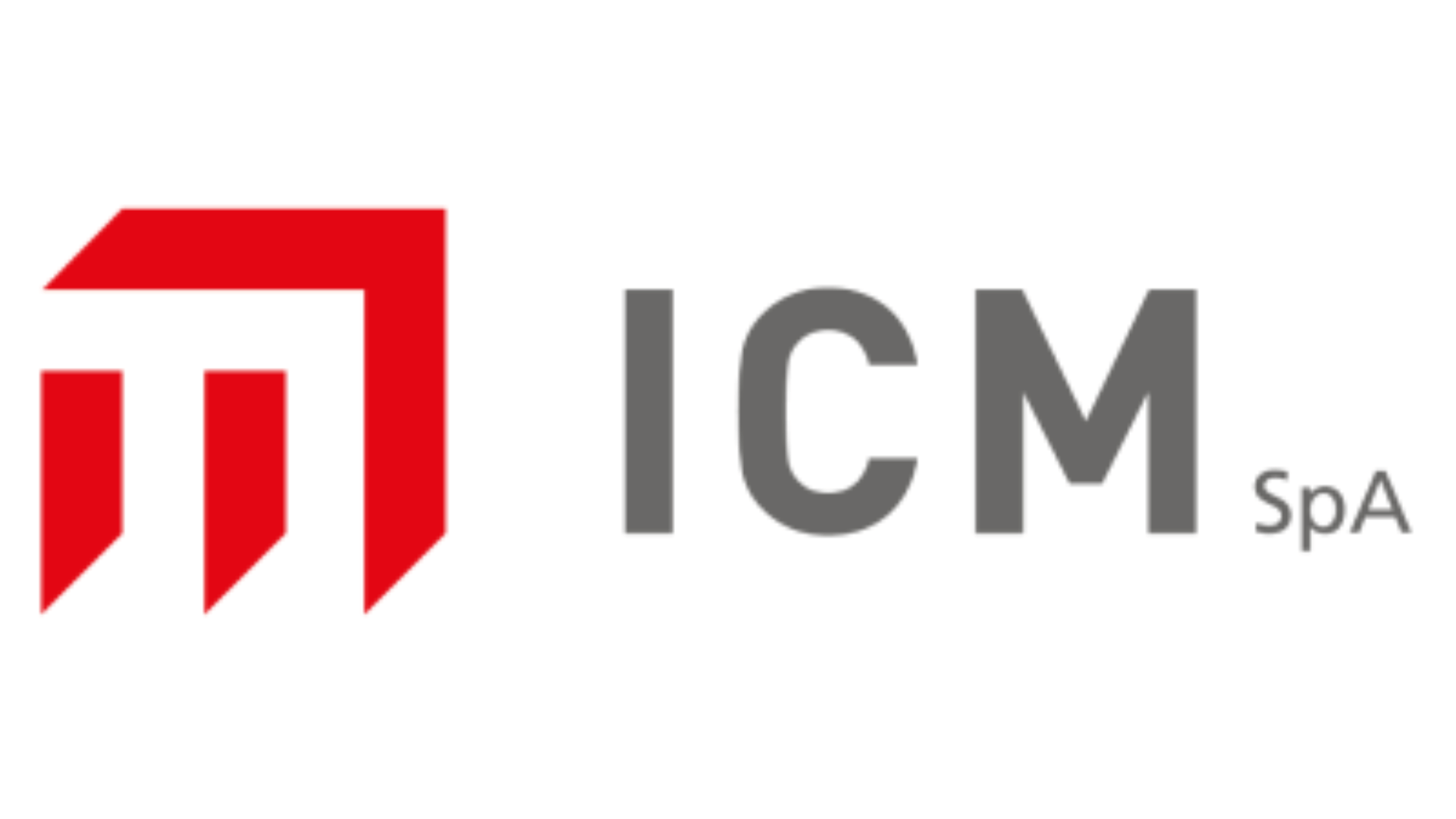
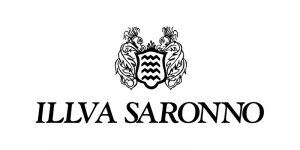
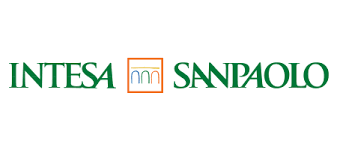

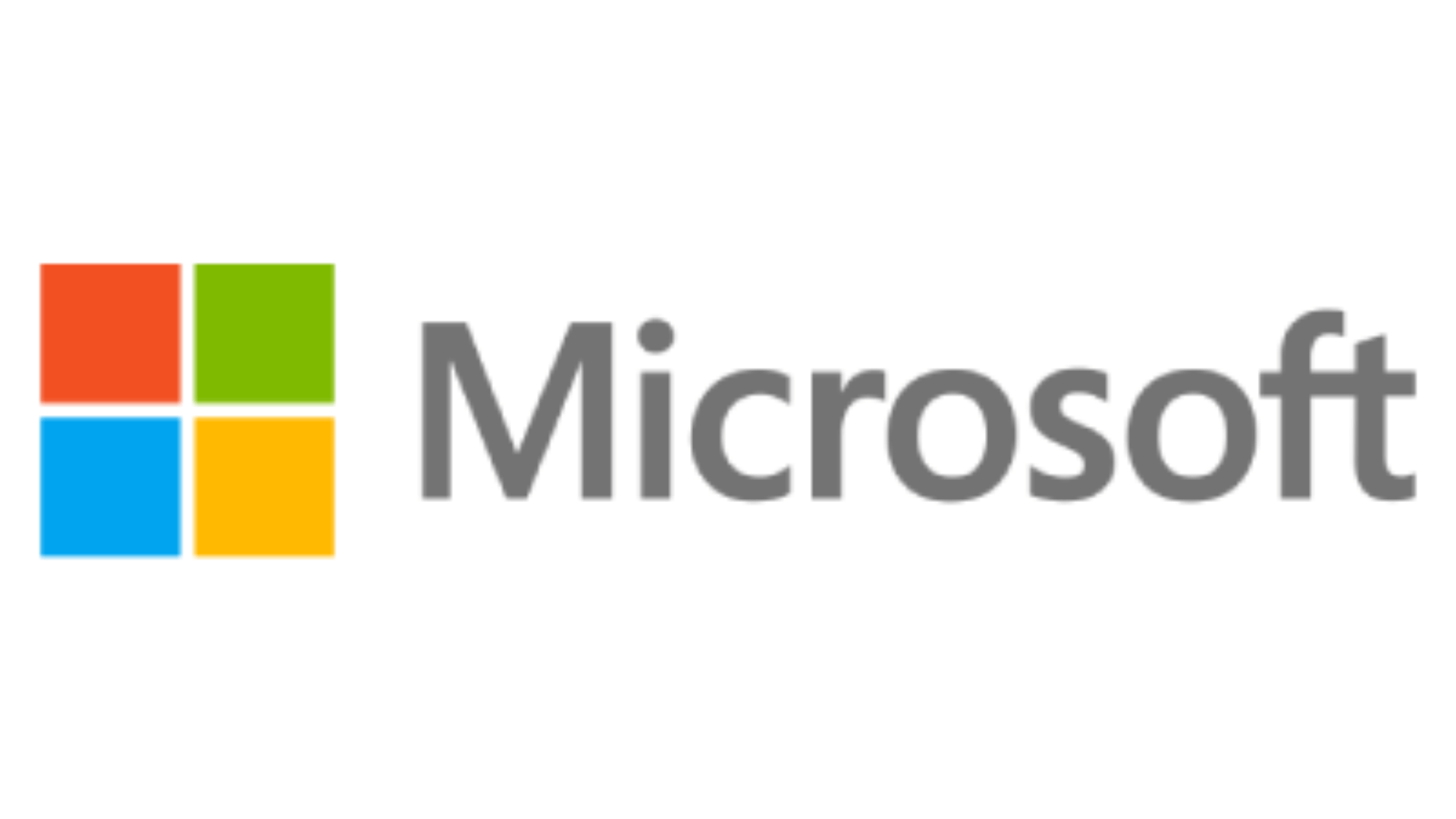
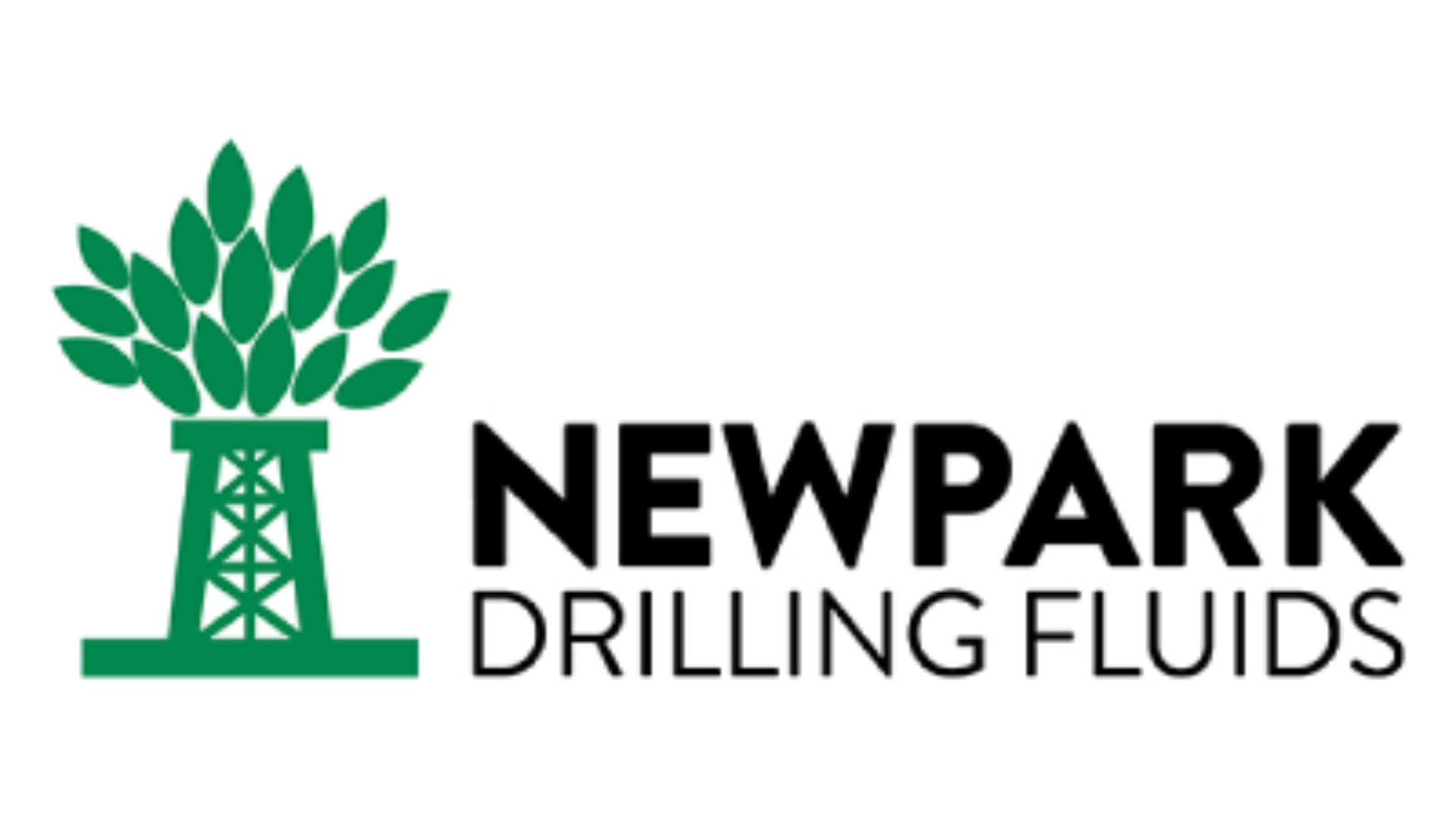

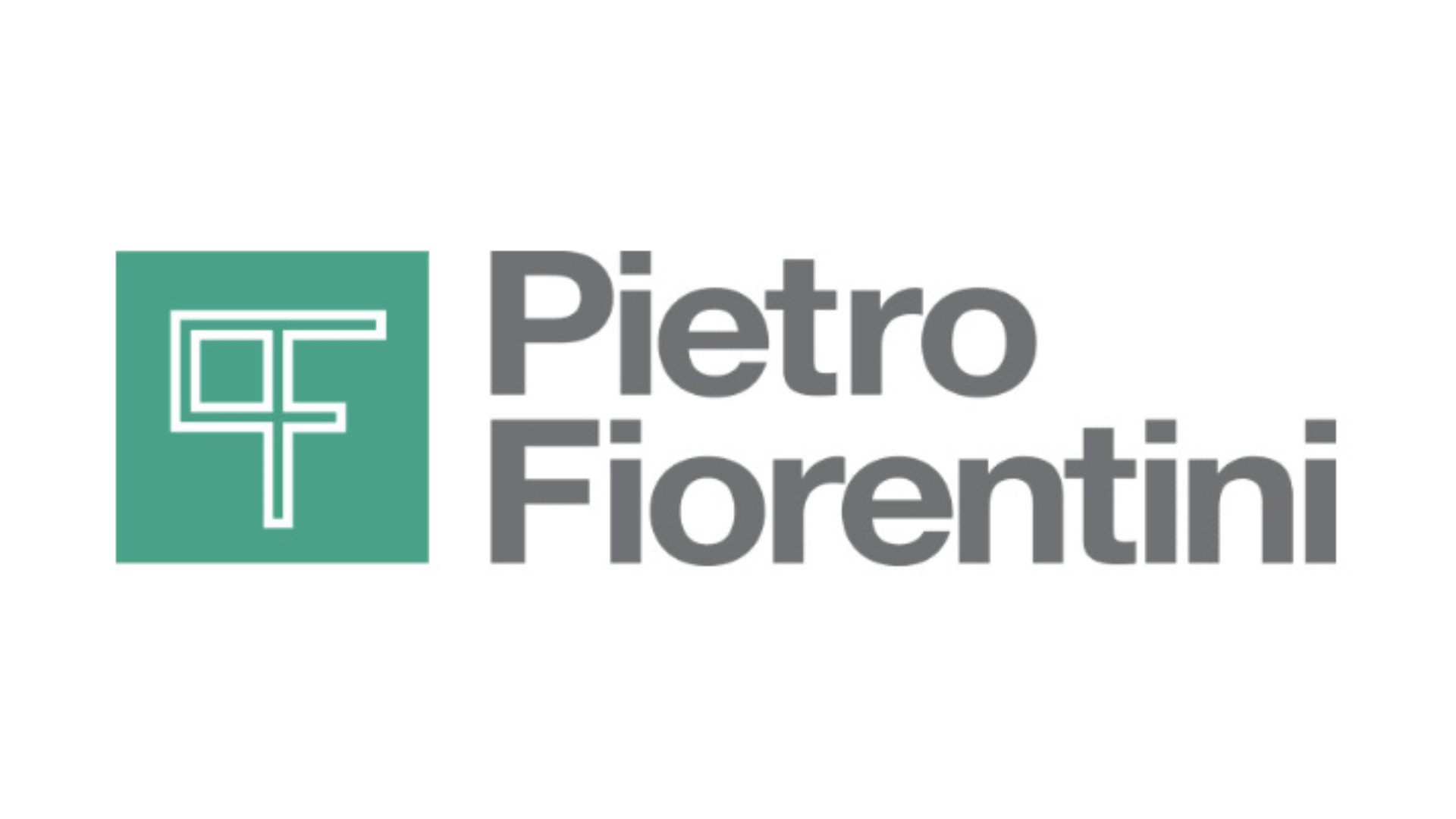
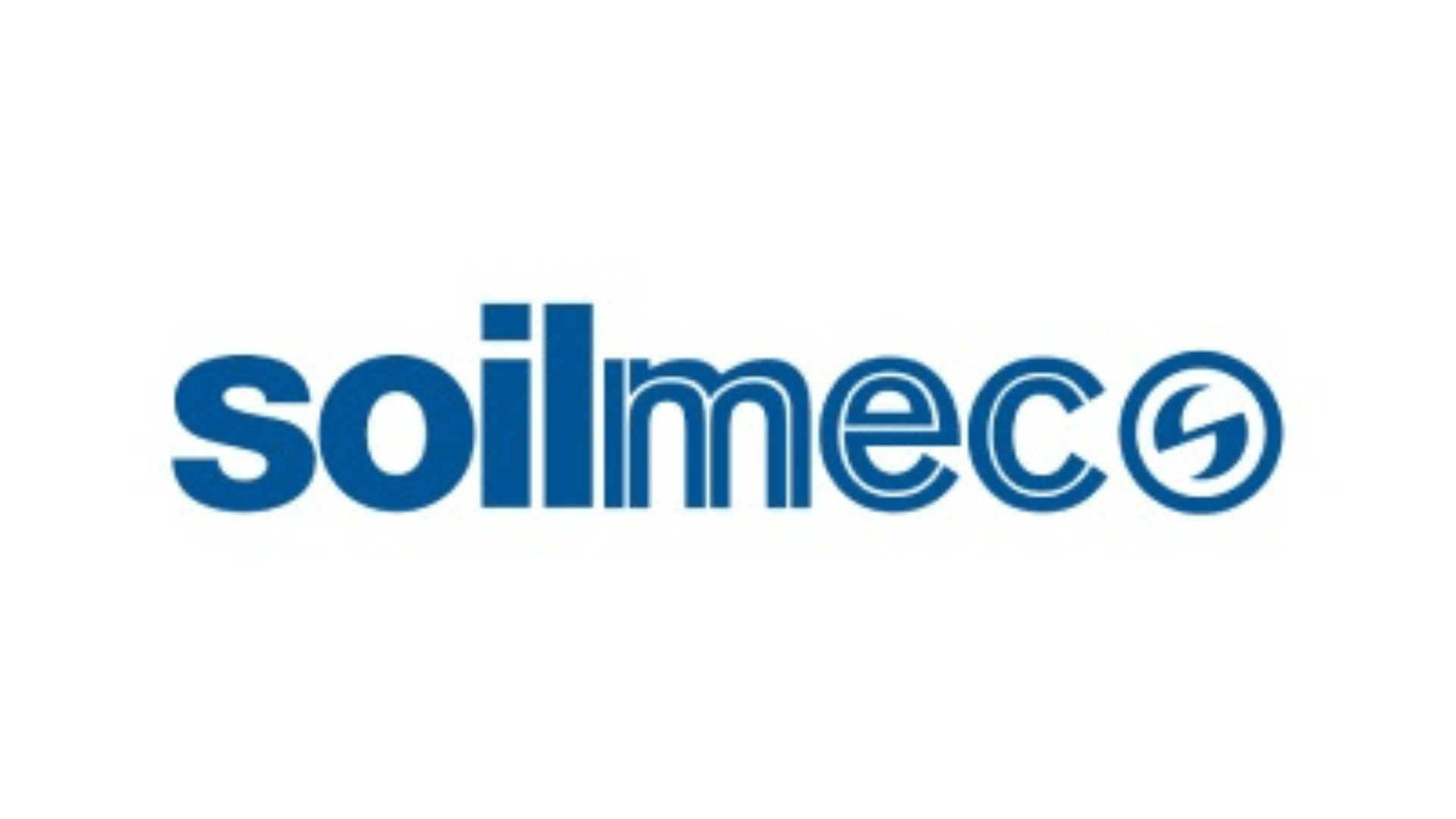
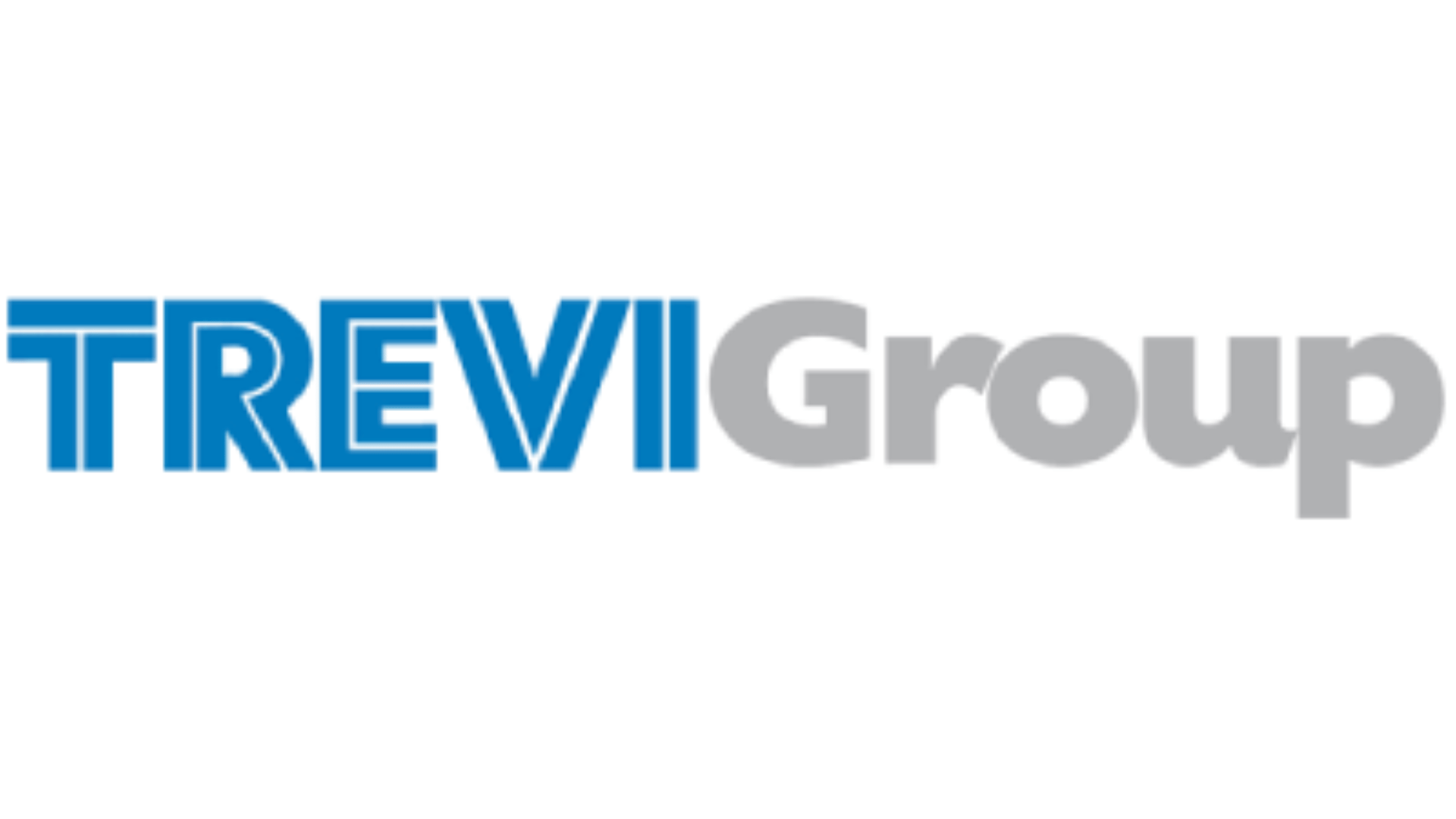

From our editorial staff
A careful selection of dissemination materials produced by our team of health and safety specialists.
- Ambimed Team
- November 24, 2025
- Tomasi Alberto
- November 17, 2025
- Berta Mauro
- November 10, 2025



